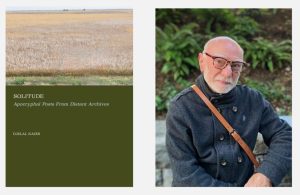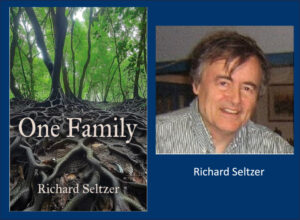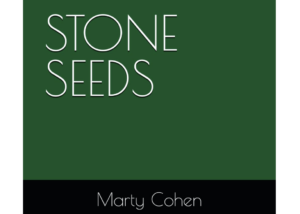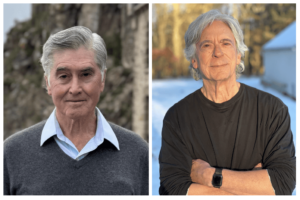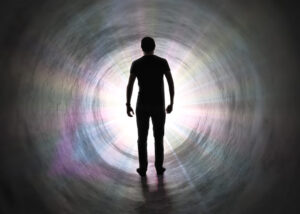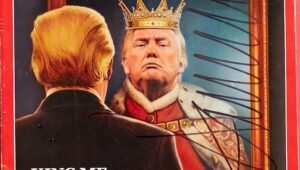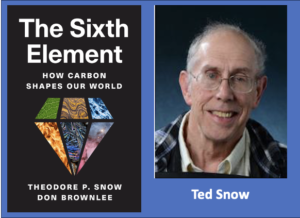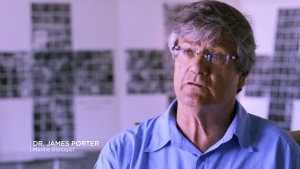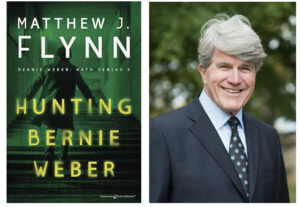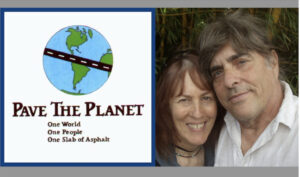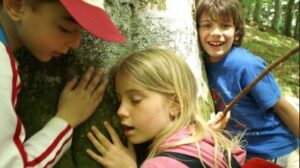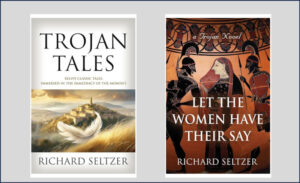Solitude: Apocryphal Posts From Distant Archives
This book differs from Djelal Kadir’s earlier academic works, originating instead from his recent personal experiences and insights gained while mourning the loss of his wife of 50 years. Drawing on judgment and skills developed over decades of teaching comparative literature, Djelal explored “the stillness at the heart of the chaos, rather than escaping to the swirling edges.” He examined the historical, scientific, and mythical archives, finding examples of profound solitude.
He spent the next five years researching the lives of figures deeply immersed in, and contemplating, solitude, enabling him to assume their voices through 39 letters attributed to each one.

